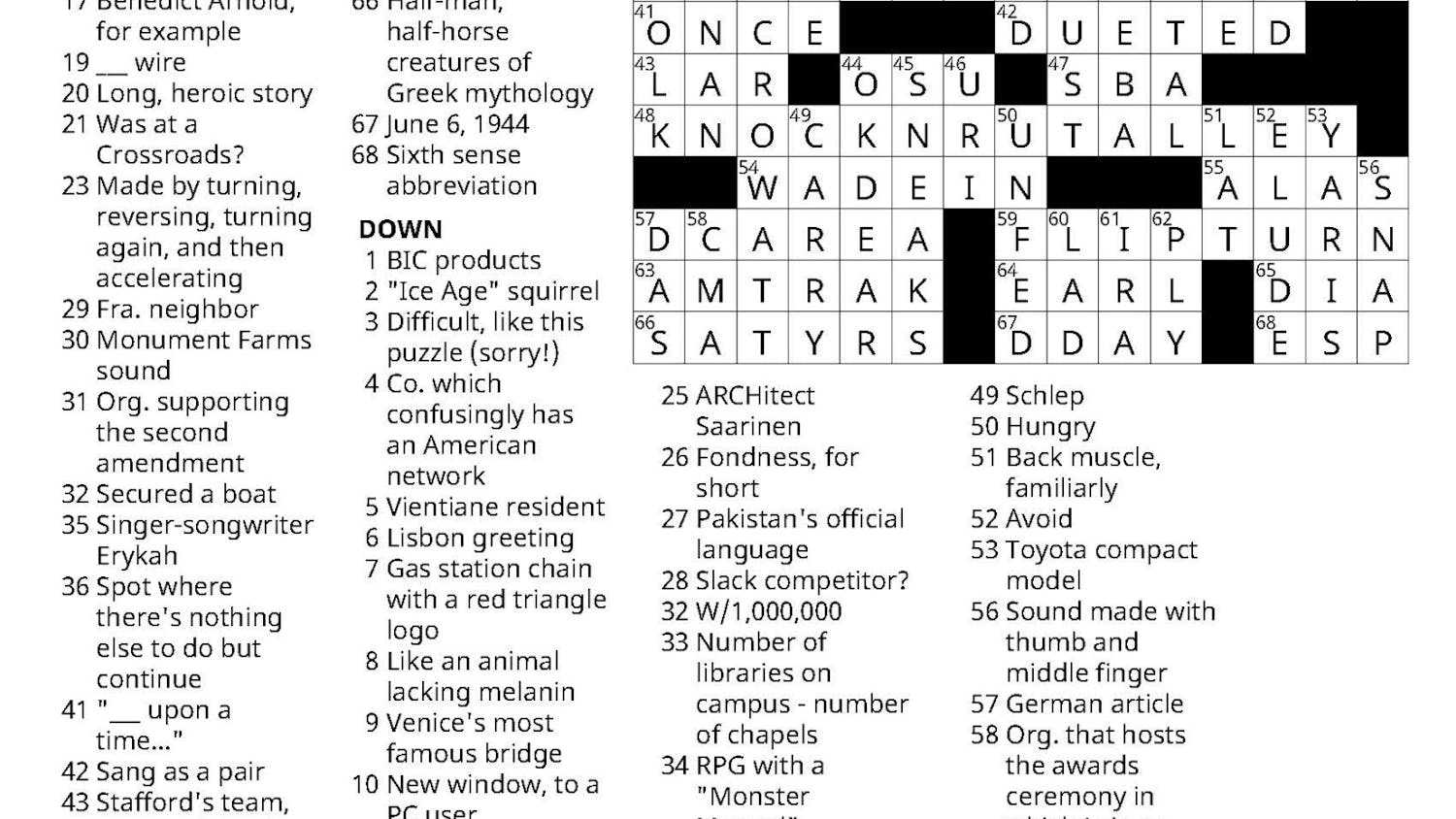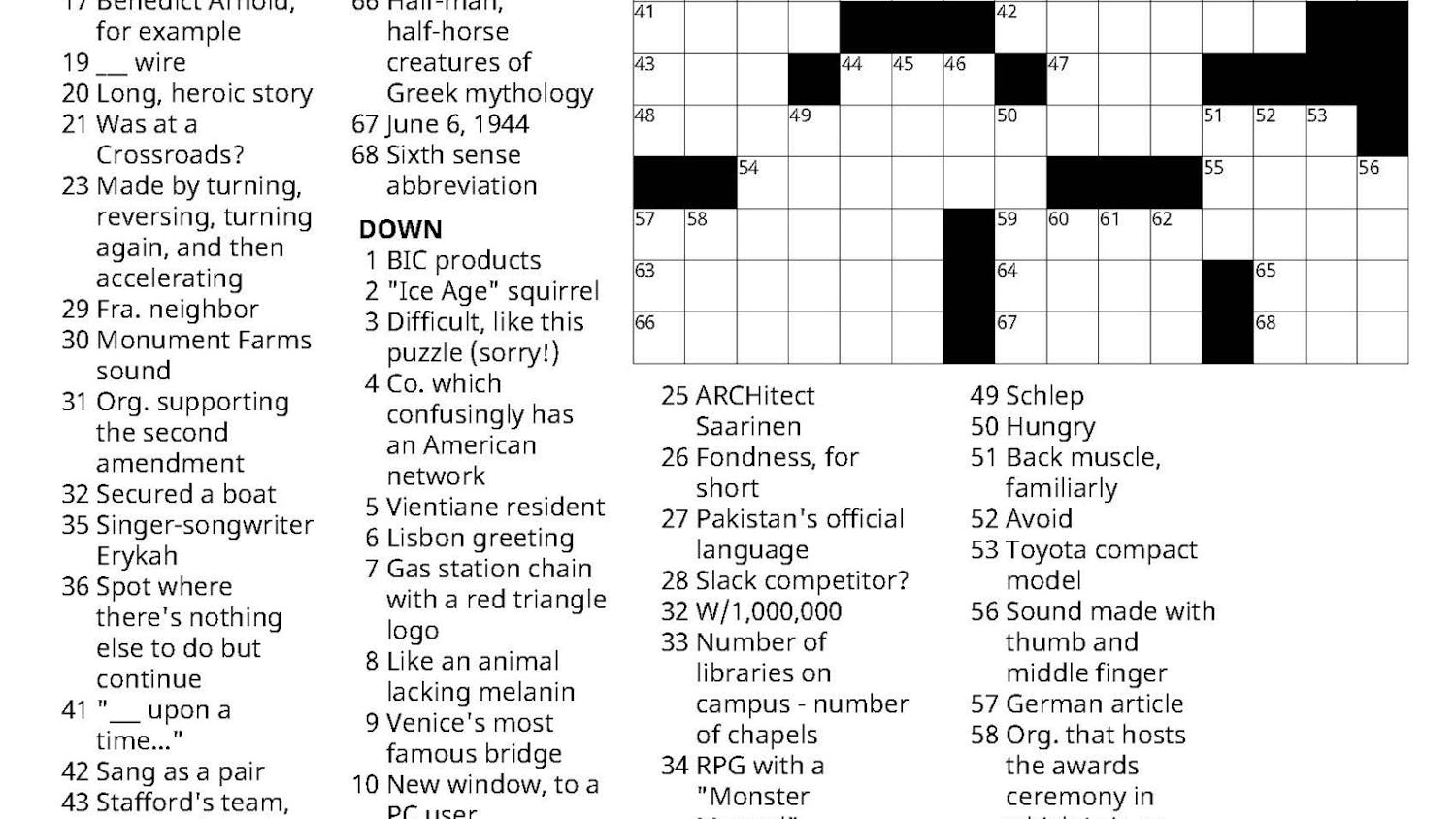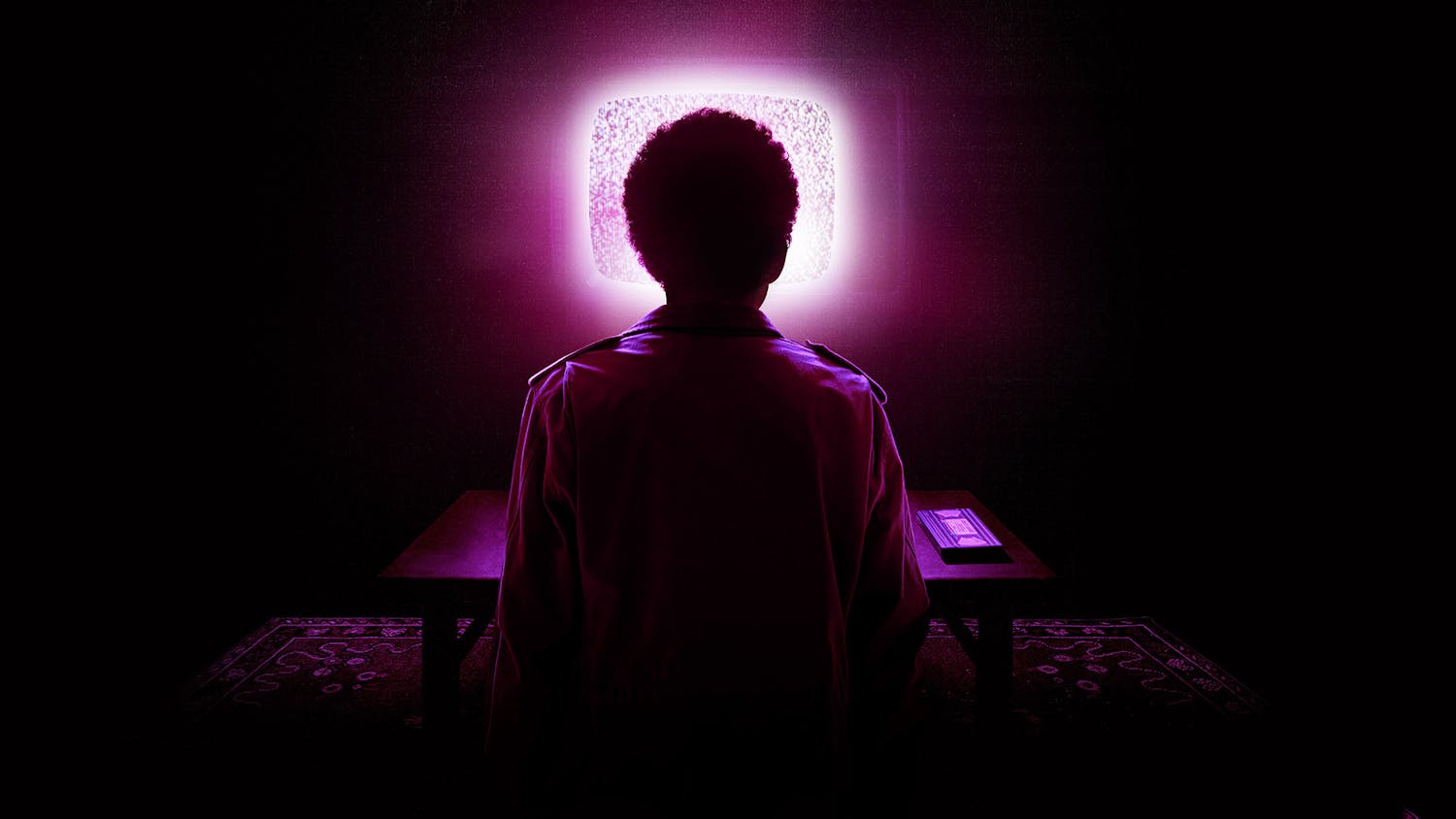Generally, when watching the average Hollywood blockbuster, the discerning filmgoer has to resort to deriving pleasure not from the film itself, but from being the person who spites the film most creatively. The Social Network is not the average Hollywood blockbuster. In The Social Network, the characters talk faster than you can think. By the time the viewer has figured out a character’s initial motivations, they have become a distant, first-act memory to those in the film. This is because the screenwriter is Aaron Sorkin (A Few Good Men and The West Wing), Hollywood’s intellectual golden boy.
The film begins with two characters spitting words at each other over the studio credits, before any image is introduced. Immediately, you know that words are the most important weapon for the people who populate The Social Network. Mark Zuckerberg, played by Jesse Eisenberg — the thinking man’s Michael Cera — opens the film dictating to his girlfriend Erica (Rooney Mara) the importance of status at Harvard, which to him is simple: get into a Final Club. Eisenberg unerringly depicts Zuckerberg’s complete social ineptitude, which exists either despite or because of his genius. He is always able to remain two steps ahead of Erica’s thought process, shooting down her theories about him before she is even able to fully articulate them, until the last line of the conversation. Bringing a decisive end to their game of verbal one-upmanship, she delivers the damning judgment: “You’re going to go through life thinking that girls don’t like you because you’re a nerd… know that that won’t be true. It’ll be because you’re an asshole.” It is this blind-siding comment that spurs Zuckerberg to drunkenly program the misogynistic website Facemash in one night, and set the ball rolling for the creation of “The Facebook.”
David Fincher (Zodiac, Fight Club) is given the tough task of having to visually match the rapidity of Sorkin’s repartee. Overall he succeeds, pacing the film slightly too fast, creating a feeling of disorientation that serves the film’s tone. As a general rule, screenplays are said to translate to the screen at one page per minute; legend has it that Sorkin’s Social Network screenplay was 166 pages long. This worried the studio, who wanted the film to be under two hours. Sorkin volunteered to read the work out loud to Fincher, and clocked in at one hour and fifty-nine minutes. This should convey a sense of the intensified speed of the dialogue, which makes the rare scenes of silence — notably, a Roman-esque crew race sequence -— strangely compelling. One of the reasons why Facebook proved to be more successful than similar social networking sites was because of its clean and simple layout; Fincher brings this to the screen with an uncluttered, smooth visual style.
The film is based on Eduardo Saverin’s account of the founding of Facebook, which was published as The Accidental Billionaires by Ben Mezrich. However, there are several contradicting stories about the site’s inception. To Fincher and Sorkin, caring about the facts is irrelevant; their interest lies in telling a story about power and status in an age when lives are lived online. In terms of story accuracy, the most apt comparison would be between William Randolph Hearst as the fictional Charles Foster Kane and real Mark Zuckerberg as the fictional Mark Zuckerberg.
Largely, there has been a veritable critical lovefest around The Social Network, but it has received some feminist heat for not portraying many strong female characters. Most of the women in the film — besides the smart and self-possessed Erica, who delivers two fantastic takedowns of Zuckerberg — are either Harvard Final Club or Silicon Valley groupies. Arguably, however, the portrayal of these two worlds as giant boys’ clubs is the most realistic aspect of the film, where otherwise extremely intelligent young men reveal their one true blind spot: girls.
The film’s acting revelation is Justin Timberlake, the nineties’ greatest reclamation project. He plays Sean Parker, the founder of Napster. Timberlake’s character shares a flippant arrogance with the rest of the genius club, but gets away with it because of his manic energy and charm. While Timberlake has had some success as an actor before, this is the first role where he really delves into a character rather than simply playing a version of himself. He brings the persona of cool that he’s established over the years in real life, but infuses it into a genuine, fallible character.
Zuckerberg’s primary antagonists in the film are the Winklevoss twins, or as he derisively refers to them, the “Winklevi.” Both played by Armie Hammer, they are the archetypes of WASP-y Harvard perfection that Zuckerberg both loathes and envies. Members of the most prestigious Final Club and future Olympic rowers, they ask Zuckerberg to design the program for a dating site they are creating, called Harvard Connection. The film intercuts between their lawsuit against Zuckerberg and that of Saverin’s, all of who accuse Zuckerberg of manipulating them out of their claim to founding Facebook. Fincher and Sorkin never take a definitive stand on who actually deserves the credit for the invention of Facebook. Zuckerberg may come off worst, in no small part due to his superior attitude, but in the end even he is humanized as just another young, awkward kid who’s interested in improving his social status.
Therein lies the currency in Zuckerberg’s world. While other films about driven men focus on the pursuit of power or money, it is made markedly clear that Zuckerberg doesn’t care about a billion dollars, but a billion “friends.” The irony is, of course, that he ends up alienating what few real friends he might have had at the cost of virtual cool.
The Reel Critic - "The Social Network"
Comments



